In a move to empower market women across Nigeria, Dr. Betta Edu, the Minister of Humanitarian Affairs and Poverty Alleviation, revealed on Tuesday that the Federal Government is gearing up to provide non-interest loans of N50,000 each to 1.5 million market women.
This initiative, part of the Government Enterprise and Empowerment Program (GEEP), is designed to breathe new life into their businesses and spur growth.
Join our WhatsApp ChannelDr. Edu went on to announce the allocation of a whopping N75 billion for the “Iyaloja Fund,” a fund dedicated to supporting underprivileged female traders.
The Iyaloja Fund is set to be officially inaugurated on October 17th, in a move that promises to be a game-changer for women entrepreneurs in the country.
During an advocacy visit to the Minister of Information and National Orientation, Mohammed Idris, in Abuja, Dr. Edu outlined the program’s three-phase rollout plan, with the first phase aimed at benefiting 500,000 individuals.
She said, “We will start right away with the GEEP Programme; we have Iyaloja Funds, which is equivalent to Market Women Money. We have the Jaga Funds, which is a capital fund for traders; and Farmers’ Money, which is called the Hugo Fund.
READ ALSO: Lagos Govt Seals Mushin Market, States Reason
The Farmer’s Money will be provided to the poorest of the farmers to enable them to go into the next farming season. The Iyaloja Fund will be providing for poor market traders in the market, helping them to improve their capital and expand their businesses. These are non-interest loans given to these persons.”
Dr. Edu emphasized that the administration of President Bola Tinubu is firmly committed to poverty alleviation and has unveiled an ambitious eight-point agenda to achieve this goal.
Among the key initiatives is the Conditional Cash Transfer program, which will provide N75,000 in three installments to assist 15 million households, benefiting a staggering 62 million individuals.
Furthermore, the Federal Government is actively engaged in other programs, including grants for vulnerable groups through N-Power, aimed at creating employment opportunities for the unemployed within communities.
One noteworthy program mentioned by Dr. Edu is the Renewed Hope Shelter, which seeks to provide housing for impoverished individuals, Internally Displaced Persons, and refugees.
She explained, “This program is not the one you give contracts to people to build houses. The communities will build their houses by themselves. We would just provide the enabling environment. And they are expected to source for everything they will use to build that house locally, including the furniture in the house.”
In closing, Dr. Edu sought the support of the Minister of Information in promoting these programs, particularly through the National Orientation Agency.
This collaboration aims to raise awareness within communities and facilitate the inclusion of the most vulnerable individuals in the National Social Register, which is currently undergoing verification.
Emmanuel Ochayi is a journalist. He is a graduate of the University of Lagos, School of first choice and the nations pride. Emmanuel is keen on exploring writing angles in different areas, including Business, climate change, politics, Education, and others.

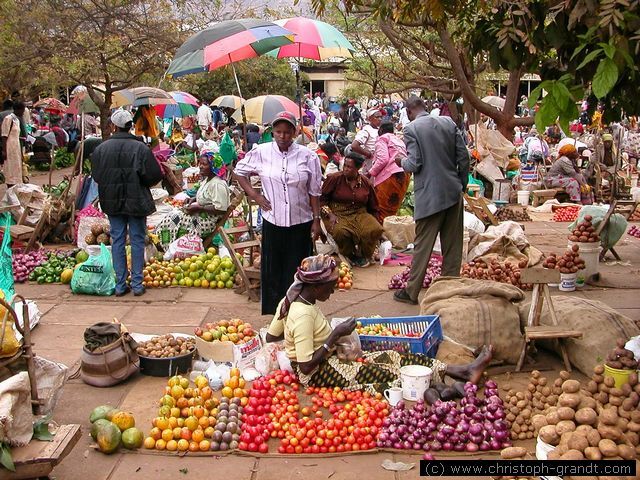




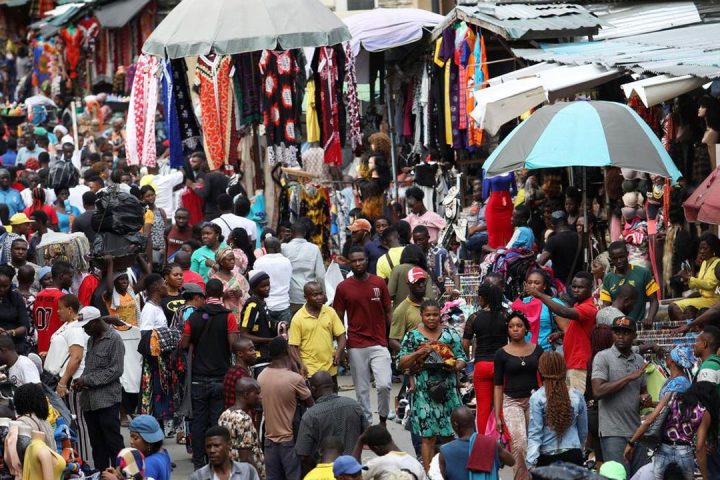


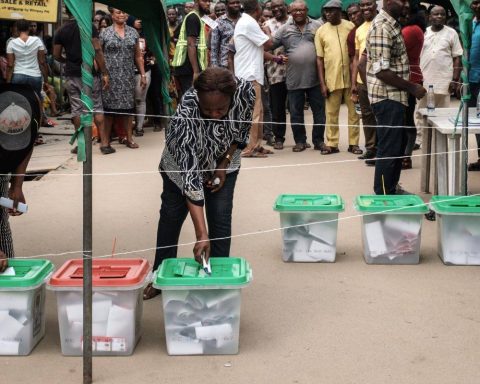

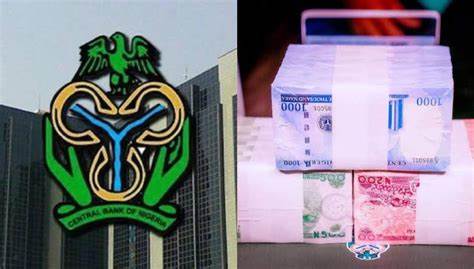





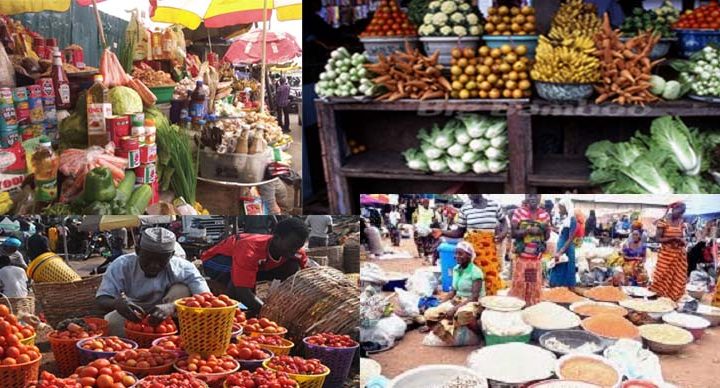

Follow Us